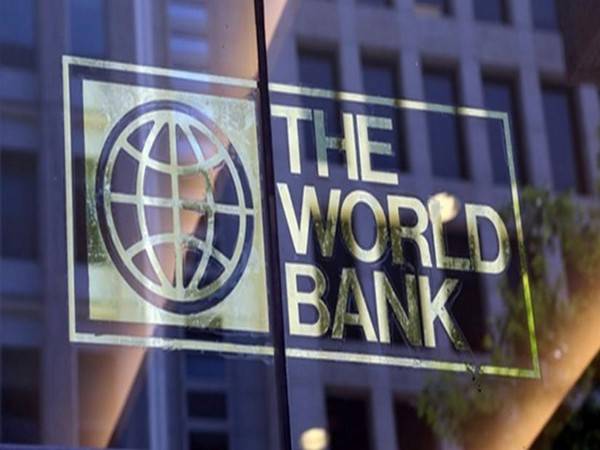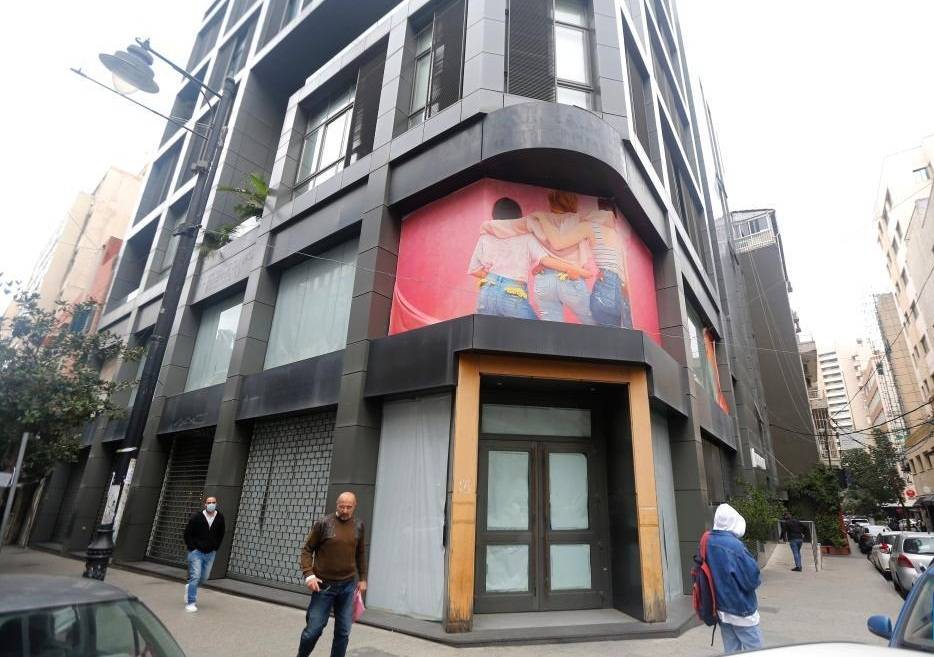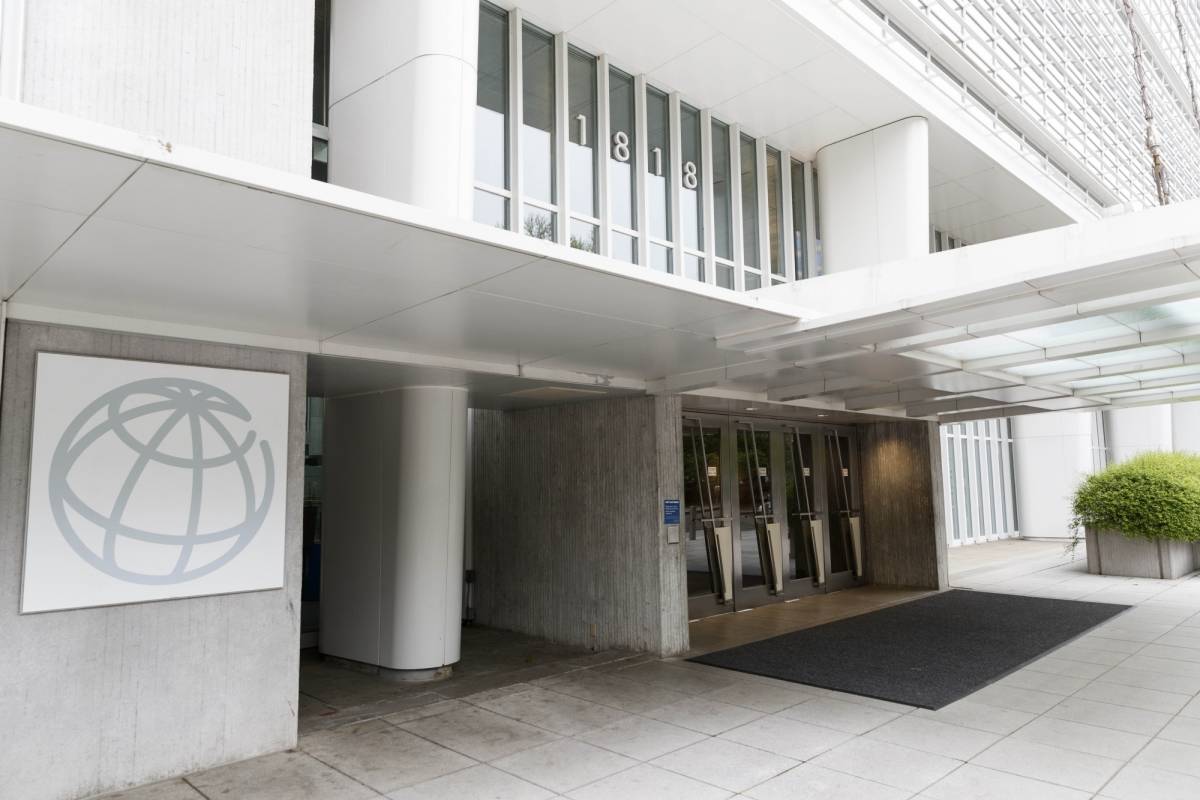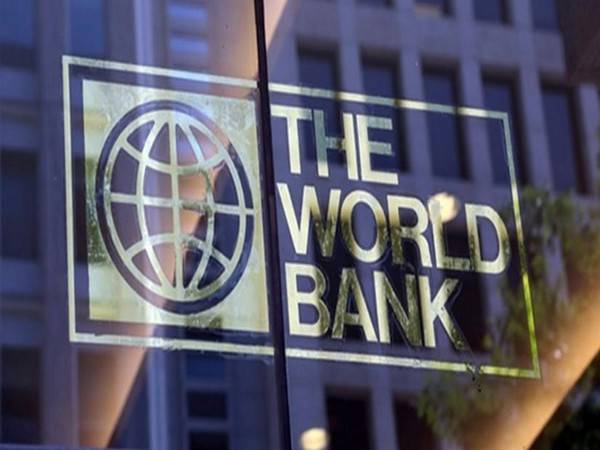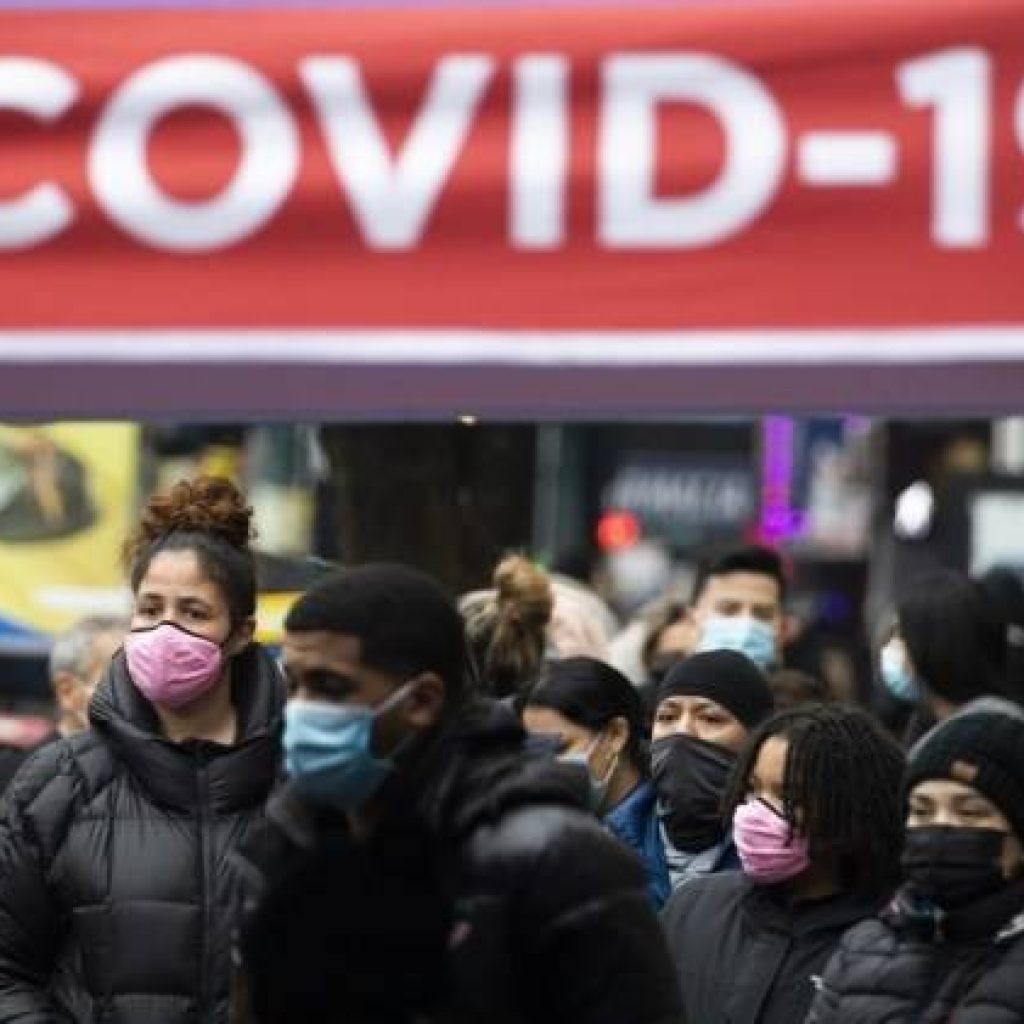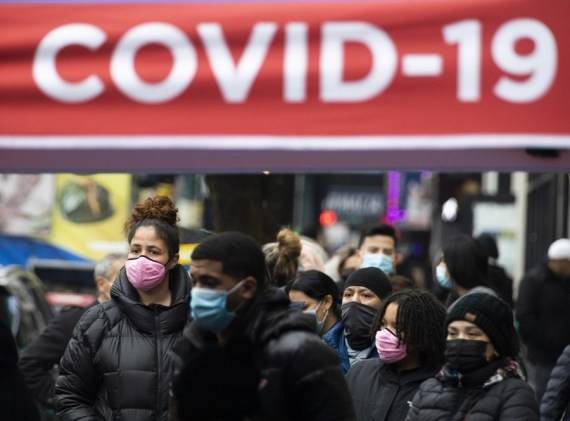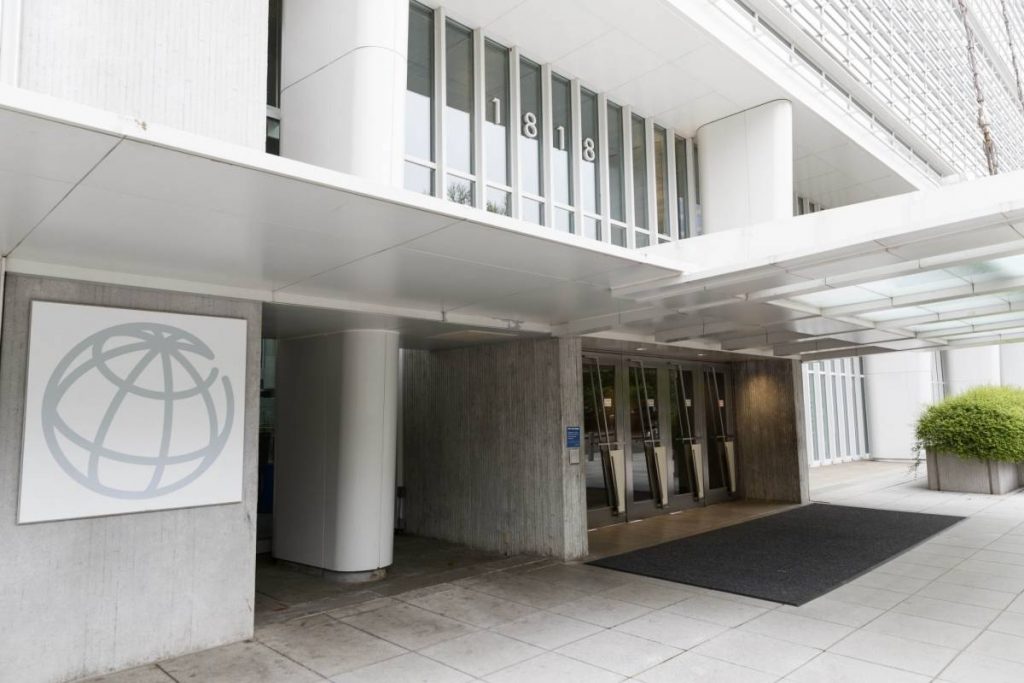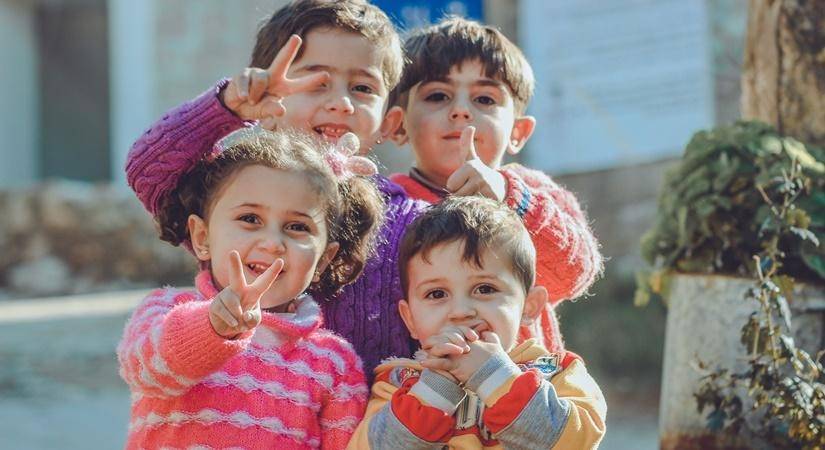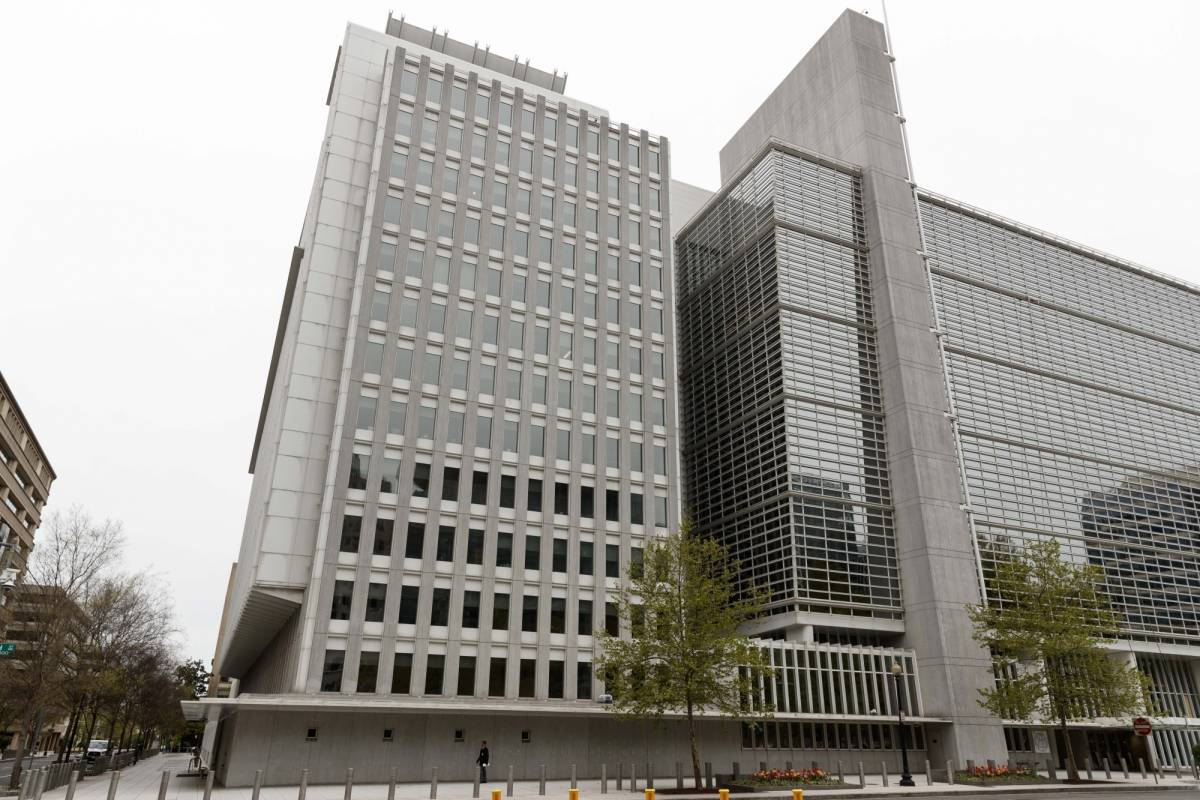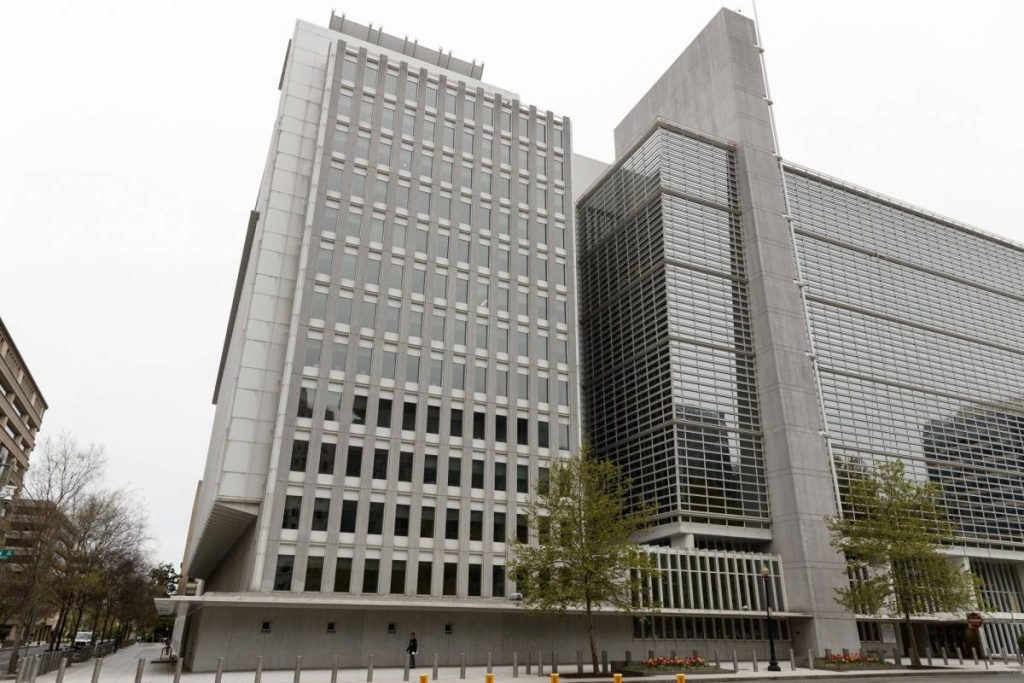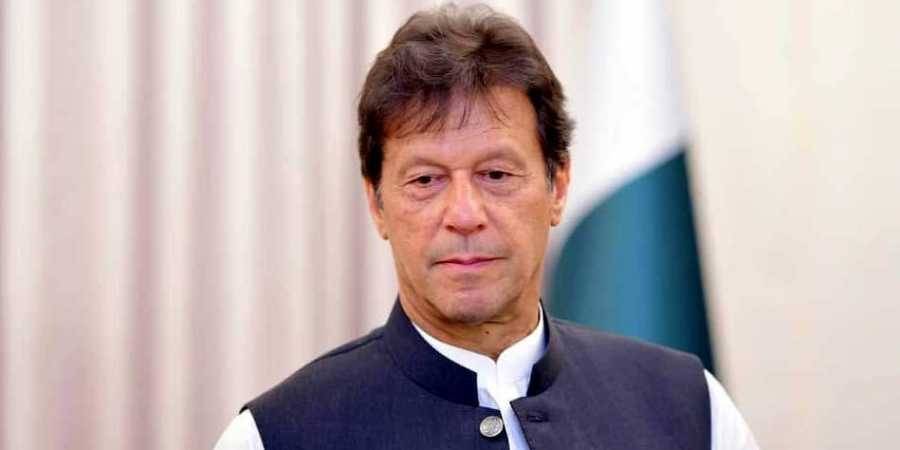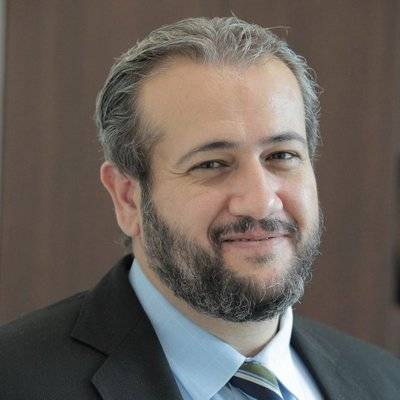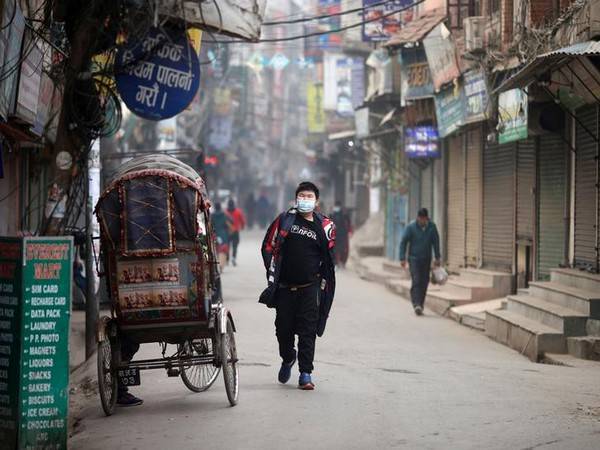The IMF-World Bank Group are working together to support Ukraine on the financing and policy fronts and are urgently increasing that support…reports Asian Lite News
Amid the deteriorating situation and humanitarian crisis in Ukraine, the World Bank is preparing a USD 3 billion support package for the country in the coming months and the International Monetary Fund (IMF) is soon considering requests for emergency financing.
World Bank Group President David Malpass and IMF Managing Director Kristalina Georgieva announced the support package for Ukraine in a joint IMF-World Bank Group statement on the War in Ukraine on Tuesday (local time).
“We are deeply shocked and saddened by the devastating human and economic toll brought by the war in Ukraine. People are being killed, injured, and forced to flee, and massive damage is caused to the country’s physical infrastructure. We stand with the Ukrainian people through these horrifying developments,” read the statement.
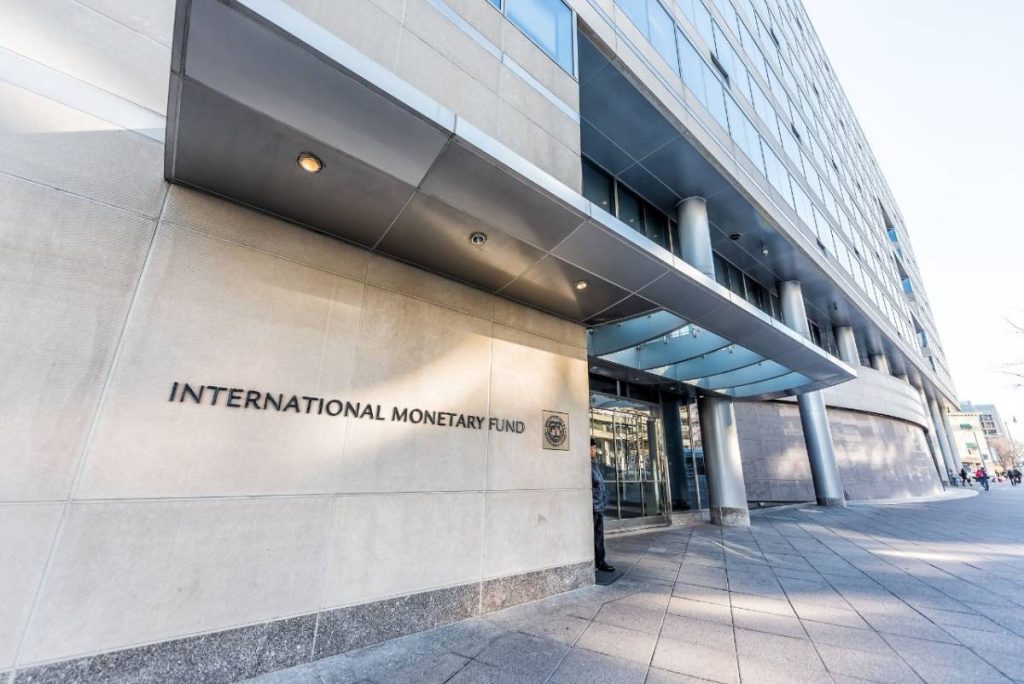
The statement further said that the “war is also creating significant spillovers to other countries.”
“Commodity prices are being driven higher and risk further fueling inflation, which hits the poor the hardest. Disruptions in financial markets will continue to worsen should the conflict persist. The sanctions announced over the last few days will also have a significant economic impact. We are assessing the situation and discussing appropriate policy responses with our international partners,” the statement added.
The statement said that the IMF-World Bank Group are working together to support Ukraine on the financing and policy fronts and are urgently increasing that support.
“At the IMF, we are responding to Ukraine’s request for emergency financing through the Rapid Financing Instrument, which our Board could consider as early as next week. In addition, we continue to work on Ukraine’s Stand-By Arrangement program, under which an additional USD 2.2 billion is available between now and the end of June,” read the statement.
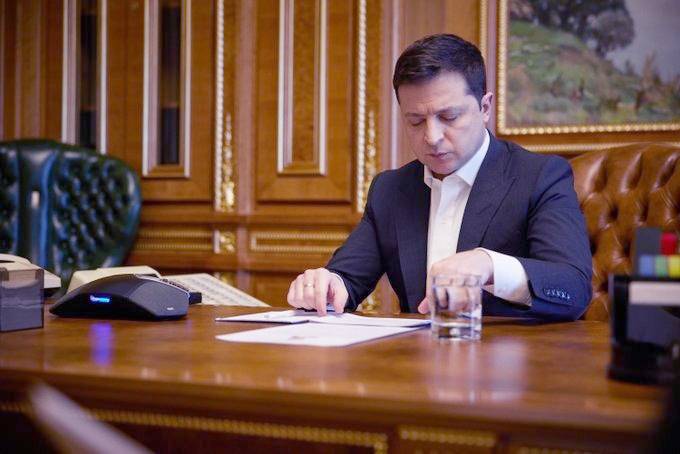
“At the World Bank Group, we are preparing a USD 3 billion package of support in the coming months, starting with a fast-disbursing budget support operation for at least USD 350 million that will be submitted to the Board for approval this week, followed by USD 200 million in fast-disbursing support for health and education,” the statement added.
The statement further said that the World Bank and the IMF are also working together to assess the economic and financial impact of the conflict and refugees on other countries in the region and the world.
“We stand ready to provide enhanced policy, technical, and financial support to neighboring countries as needed. Coordinated international action will be crucial to mitigate risks and navigate the treacherous period ahead. This crisis affects the lives and livelihoods of people around the world, and we offer them our full support,” the statement added.

